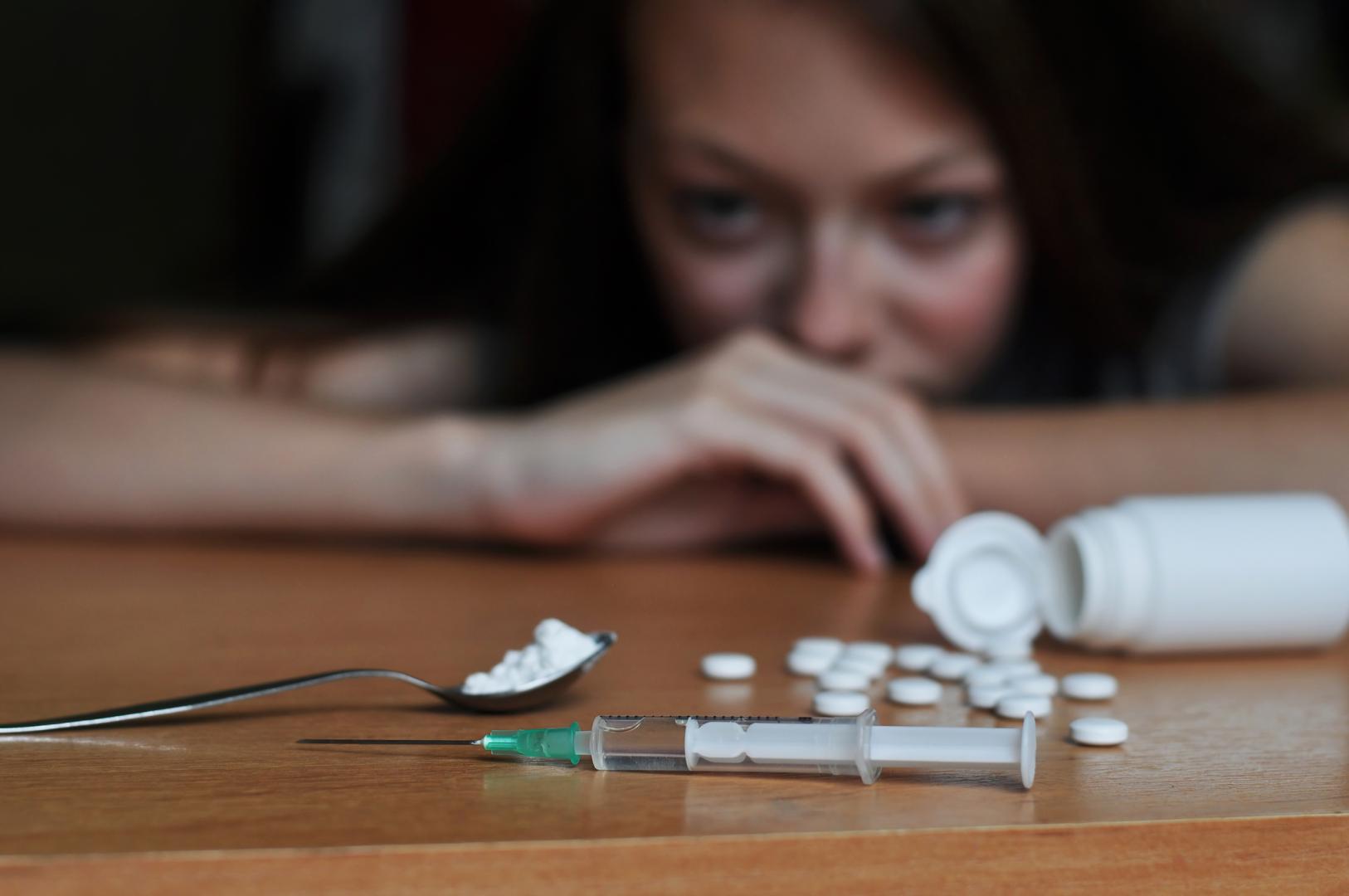Correctional case managers screen and refer inmates for SAS in the course of developing their Inmate Program Agreement (IPA) during the intake process. Health Department Addictions Counselors schedule referred inmates for the substance abuse education component on a first come, first served basis, factoring time remaining on sentence as may be necessary to ensure that offenders with relatively short sentences have an equal opportunity to participate.
The first component of SAS offers the contracted services of the Alcohol, Drug, Education, Prevention and Treatment (ADEPT) Substance Abuse Treatment Program. ADEPT is a state certified treatment program that provides 8 hours of relapse prevention in a group setting for all inmates referred to SAS. In addition, inmates who have been ordered to seek treatment as a condition of probation after release and who will reside in Anne Arundel County will be assigned a SAS counselor. The counselor will meet with the inmate on a regular basis to conduct an assessment of their need for substance abuse treatment, mental health, employment, educational and housing services.
Participation in Phase 2 is mandatory for all Phase 1 group graduates who will have probation conditions for substance abuse treatment who will reside in Anne Arundel County after release. In Phase 2, a SAS counselor meets individually with each participant to complete a psycho-social assessment and develop initial recommendations for a release plan. The plan identifies the level of care needed to address the substance abuse problem, and specifies resources to meet other areas of need (mental health, housing, education, family issues, job skill development, etc.). A copy of the release plan is provided to the Division of Parole & Probation to support fulfillment of the plan post-release. Involvement of family members in the release planning process through family contact sessions is encouraged, where possible.
In recognition of the inter-relatedness of substance abuse and dysfunctional family relations, SAS offers services at the Ordnance Road Correctional Center during Phase 2 designed to improve family relationships by educating family member's, and creating a stronger recovery support system for the inmate.
Male and Female Resource Groups- A 12-hour group program that includes an evidence-based curriculum that addresses motivation to change and group meetings that introduce the inmates to community resources and teach them how to access them.
Strengthening Families Program- A 15-week, 50-hour program offered to eligible inmates with children between the ages of 6 and 15 years old. SFP staff conducts separate groups for parents, children and the combined families. The program also provides a family meal prior to group meetings. The objectives are to improve parenting skills, children's life skills and, family skills. The ultimate goal is to prevent substance abuse (and related criminal activity) in the children of the offender.
Moral Recognition Therapy (MRT) - A cognitive-behavioral treatment approach which focuses on decision-making and development of higher moral reasoning skills. Initially designed for use in prison –based drug treatment therapeutic communities, MRT has been adopted and applied in other criminal justice treatment venues, including jail-based programs. MRT is conducted in open-ended, ongoing groups where offenders participate in discussions, training exercises, and complete and present a series of homework assignments as outlined in the MRT workbooks.
Program Referral – At any point during an inmate’s incarceration; referrals may be made by either the Case Manager or the SAS Counselor to other programs operated at the Ordnance Road Correctional Center. Such programs include, but are not limited to, Narcotics Anonymous; Alcoholics Anonymous; the Treatment, Addictions, Mental Health and Recovery (TAMAR) Program; Educational Services provided by the Anne Arundel Community College; Job Training and Employment Services provided the Anne Arundel Workforce Development Office; and various workshops and services provided by volunteers and independent contractors.
SAS participants who will reside in Anne Arundel County after release and have substance abuse treatment as a condition of probation are eligible to receive post-release case management services. The goal of case management is to assist the inmate in implementing his or her release plan, to include accessing treatment. A Health Department Substance Abuse Case Manager is assigned to the offender for 30-60 days following release to support compliance with treatment-related probation conditions.
Applicable Regulations & Statutes
- Code of Maryland Regulations10.47.01 through 10.47.07; Maryland Annotated Code, Correctional Services Article, Section 11-703
- 42 U.S.C.SS290 dd – 3 and ee-3 and 42 C.F.R. Part 2
- Ordnance Road Operational Directive 18.1 Substance Abuse Services
- Memorandum of Agreement between AACDF and A.A.Co. Department of Health

